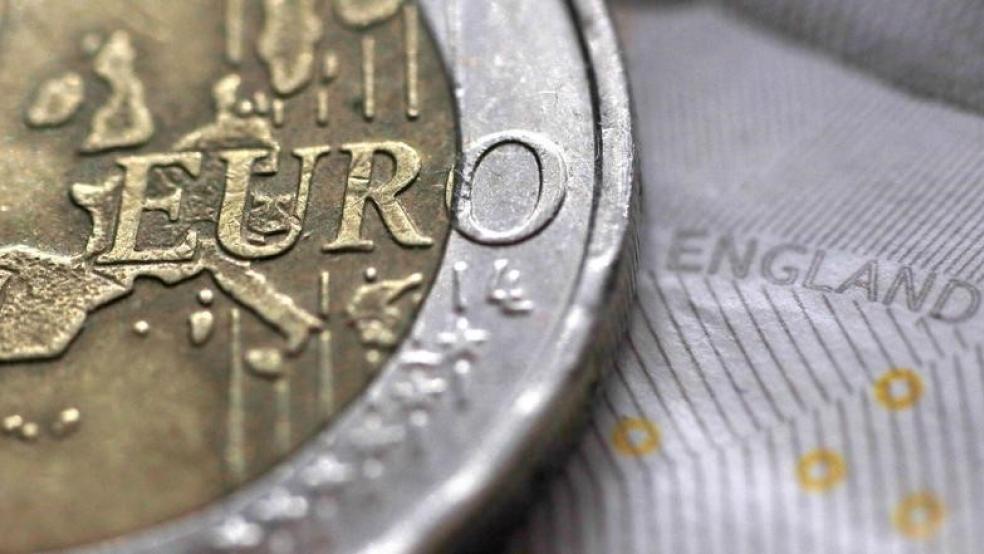TOKYO (Reuters) - Japanese stocks are forecast to have their first calendar year fall since 2011 this year, ending a four-year 'Abenomics' rally, according to a Reuters poll of strategists conducted just before Prime Minister Shinzo Abe's election win.
Analysts had expected Abe to announce fresh stimulus after a victory in Sunday's Upper House elections, and he did on Monday, a move that might help pare some of this year's losses. The Nikkei share average <.n225> added a combined 6.4 percent on Monday and Tuesday, almost recovering its pre-Brexit vote level.So far, the Nikkei has fallen around 15 percent this year. Although the median forecast of more than 20 analysts polled by Reuters in the past week showed the index rising to 17,500 by end-2016, that would still be an 8 percent decline in 2016.The last poll, in April, saw the Nikkei at 18,500 at end-2016.Analysts could get more upbeat in coming weeks. But long-term issues such as a stronger yen and a litany of global risks, including the after-effects from Britain's vote to leave the European Union, may weigh.Forecasts from equity strategists for the end of this year ranged from 9,000 to 18,500. By mid-2017, the Nikkei is expected to recover to 18,350. Forecasts ranged between 7,000 to 20,000. The index is then seen rising to 19,000 at the end of 2017.For the rest of 2016, positive domestic catalysts such as passage of a large supplementary budget and increased shareholder distributions will likely attract buyers and help stocks, analysts said.But before recovery, some analysts expect more selling accompanied with volatility, which may drag down the Nikkei benchmark index to around 14,500 especially if Japan Inc.'s April-June earnings disappoint. Uncertainty over the U.S. presidential election is also a risk, they said.As of May, SMBC Nikko Securities forecast a 1.7 percent gain in pretax profits for 250 companies with large market capitalization for this fiscal year ending March 2017, on the assumption the dollar would trade at 110 yen.Poll: Japan stocks seen posting first annual drop to end 'Abenomics' rally

Thomas White



